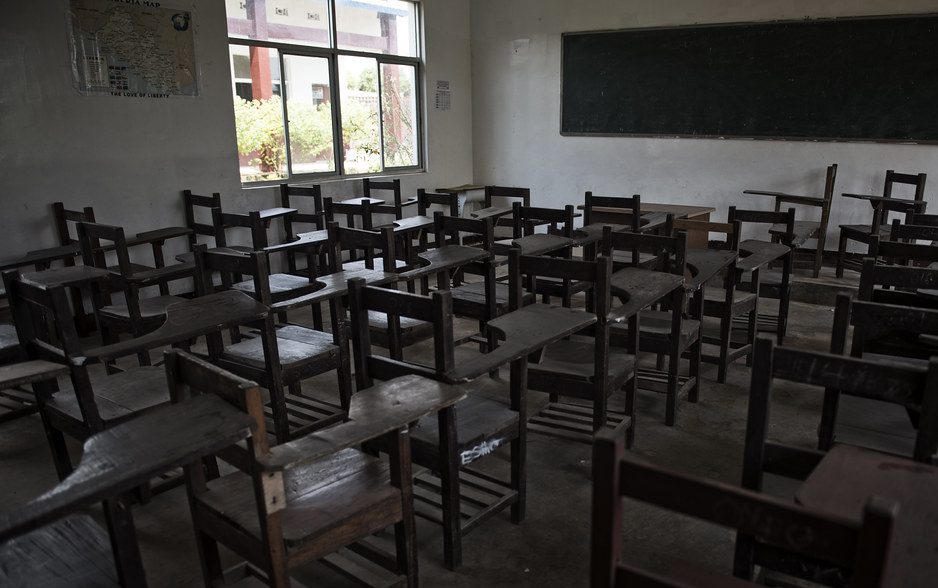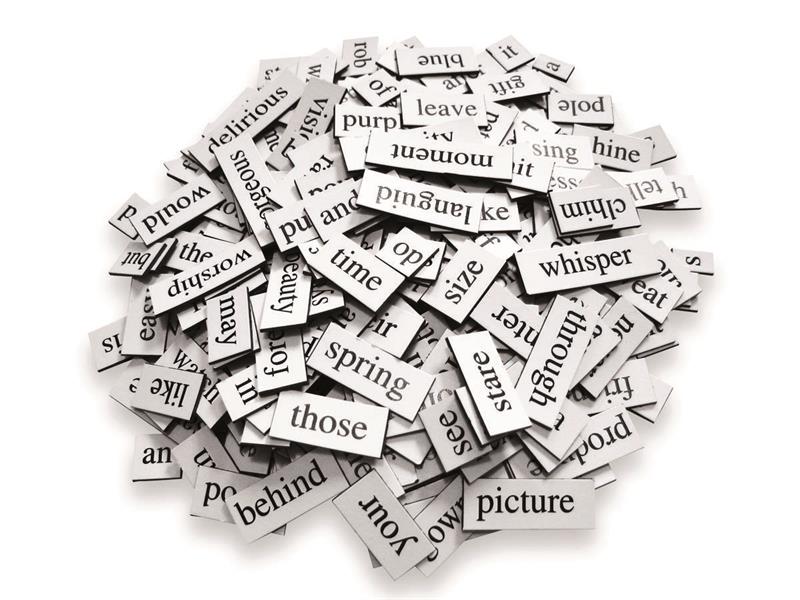Pupils don’t learn what you teach them.
Sarah Cottingham
Pupils learn their own interpretation of what you teach them – based on what they already know. That is, pupils attend to what they think is important based on what they know. Pupils think about what it is we teach them, in relation to what they already know. Pupil’s make connections between what it is they already know, and what it is they are attending to, and what it is they thinking about. Rehearsing, practicing, remembering or relearning that knowledge, is what pupils are learning.
When performing a cognitive task requiring domain specific knowledge, the presence or absence of this knowledge is the best predictor of performance.
Tricot & Sweller (2014: 264)
As teachers, we would be well advised to direct pupils attention (and minimise distractions). We would be well advised to make the links (and reject misdirections and misconceptions) between what it is pupils already know, and what it is we want pupils to know, remember and learn, explicitly and to some extent, cleanly (Clean questions are used with a pupils own words to direct their attention to some aspect of their own experience or understanding). We want to enable pupils with readily accessible “bodies of connected knowledge,” (Ausubel, 1968) with which to view their world, to think and learn. And it helps if this existing knowledge, and new knowledge, is well organised, within and across domains. Ideally, connected, accumulative, and coherent. Not forgetting to identify and signposting ‘happy accidents’ – the wonderful moments where curriculum knowledge collides and enriches each other.
Prior knowledge is essential when considering instructional design and curriculum planning. It is critical when teaching and reteaching. And having read Witherby and Carpenter (2022) abstract for ‘The Rich-Get-Richer Effect: Prior Knowledge Predicts New Learning of Domain-Relevant Information a few weeks back, I have been keen to set aside the time to read the paper in full. A conversation yesterday afternoon – brought that forward. Why?
The conversation focused on the importance of knowledge. What pupils currently have, what we would like to prioritise, and how we would tackle the decision, before exploring our teaching with test-enhanced learning might help pupils know and remember more, and reduce teacher workload. Essentially we are looking to develop knowledge rich learners.
Why do the rich get richer?
Witherby and Carpenter (2022) share a number of theoretical mechanisms and insights.
It could be that prior knowledge in each domain predicted greater interest, more curiosity to learn new information and /or to fill knowledge gaps, in that domain. Curiosity leads to better learning. A similar proposal is put forward for the learning gains of potentiated learning.
It was not the time spent on feedback.
It could be linked to proximal learning, that under some circumstances, students will prioritise learning information that is just beyond their current state of learning. With students prioritising learning information from domains for which they have high prior knowledge.
It could be link to text comprehension – “comfortable comprehension” requires learning to know 98% of the text. Successful text comprehension requires students to integrate new information from the text with their existing knowledge. Greater prior knowledge, the closer to 98% students will be providing a foundation on which new knowledge is integrated and remembered.
Back to Witherby and Carpenter (2022)
Witherby and Carpenter (2022) sought to find out how prior knowledge related to the learning of new information – not previously known, within and outside of that specific domain? Second, whether prior knowledge impacts the learning of new, previously unknown information within those domains. Here is the crux. Do the rich get richer? Third, does prior knowledge impact the learning of new information in any domain?
For what it is worth, those pupils who recently joining our school in Year 8, having studies Victorian Britain in Year 7 History of their previous school – seem to have made faster strides with A Christmas Carol than their local peers.
Three experiments
In three experiments, Witherby and Carpenter examined how prior knowledge of cooking and (American) football affected student’s ability to learn new information about cooking and football.
Pre-testing assessed prior knowledge in these two domains followed by questions that asked about new information about cooking and football, with feedback about the right answer.
Here is the sneaky, clever bit. Control for students prior knowledge was achieved as the “to-be-learned information” was made up. It was false. eg What is the national dish of Turkey? Goulash (false).
After each item students were asked how certain they were that they could remember the answer on a scale from 0 to 100. Finally, they took a test over all of the new information they just learned.
What did we learn?
High levels of domain-specific knowledge in one area positively predicted new learning of information within that domain.
Prior knowledge appears to play a key role in the selective acquisition of new, domain-relevant information.
Witherby and Carpenter (2022: 492)
Perhap as important, Witherby and Carpenter (2022) argued that the rich-get-richer largely due to students curiosity to learn new information in that domain specifically. Curiosity predicted better learning.
The relationship between prior knowledge and new learning is likely driven by a qualitative, and not a quantitative, way in which students process the to-be-learned information.
Witherby and Carpenter (2022: 493)
Lastly, students use the prior knowledge as a cue when monitoring their learning. Of course they do. We know students would rather invest their time in learning they expect to achieve in, or, as Witherby and Carpenter (2022) add, “evokes high interest or curiosity.”
Takeaway
Prior knowledge matters. But you knew that.
Prior knowledge can have important predictive effects on new learning that should be measured and modeled in order to better understand the factors contributing to successful learning.
Witherby and Carpenter (2022: 495)
Nudging or activating, dormant prior knowledge can then prime the adoption of to-be-learned knowledge. I expect you knew that too.
Big Questions have a role to play in activating both prior knowledge and curiosity. For example:
- Phase 1: “You have two minutes to record all that you can tell me about the Victorian era? X points is good. X+40% is better than good. More than X60% is great.”
- Phase 2: Listen carefully to the answers. If someone makes a good point and it is not on your list — add it to your list.”
- Phase 3: Connect the items. Are they any themes?
Of course, such a task is less powerful, it pupils haven’t previously studies Victorian Britain.
Potentiated quizzing before teaching, has a role to play in both activating prior knowledge, curiosity and identifying gap assessment.
Which brings me back to the opening paragraph.
Pupils learn, their own interpretation of what you teach them – based on what they already know. That is, pupils attend to what they think is important based on their prior knowledge. Pupils think about what it is we teach them, in relation to what they already know.
Therefore, confirm what it is they know. Decide what it is we want pupils to know and remember – next. b) Leverage their prior knowledge to deepen their curiosity about what to learn next.




Pingback: Critical teacher knowledge: working memory (part I) – Edventures